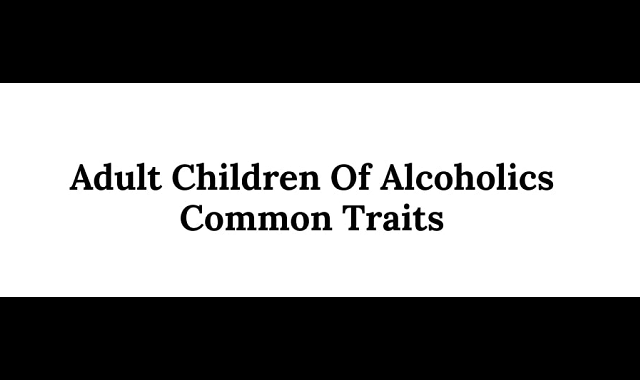The effects of alcoholism touch not only the alcoholic but all people around him or her. And the youngest members of their family usually suffer the most. Children who grow up in an alcoholic home often face poor parenting that is characterized by less warmth and responsiveness, low physical and verbal engagement, stricter interaction, mistreatment and abuse, and consistent and repeated trauma. As a result of this parenting style, children’s self-esteem, academic success, and happiness are negatively affected. And the problems don’t disappear when they grow up. As you can see in the infographic, adult children of alcoholics (ACOAs) experience a number of problems later in life.
AddictionResource authors say that the challenges faced by ACOAs are treatable. Psychotherapy, support groups, and self-help books are just a few options available. Plus, everybody can find a lot of healing and empowering information online.
Of course, a substantial number of COAs are successful as adults and show few or no signs of difficulty. Having a drinking parent doesn’t necessarily mean that an individual will develop problems. But it does serve as a significant risk factor. And in some cases, individuals cannot lead a satisfying life until they cope with their issues.
Infographic by: addictionresource


